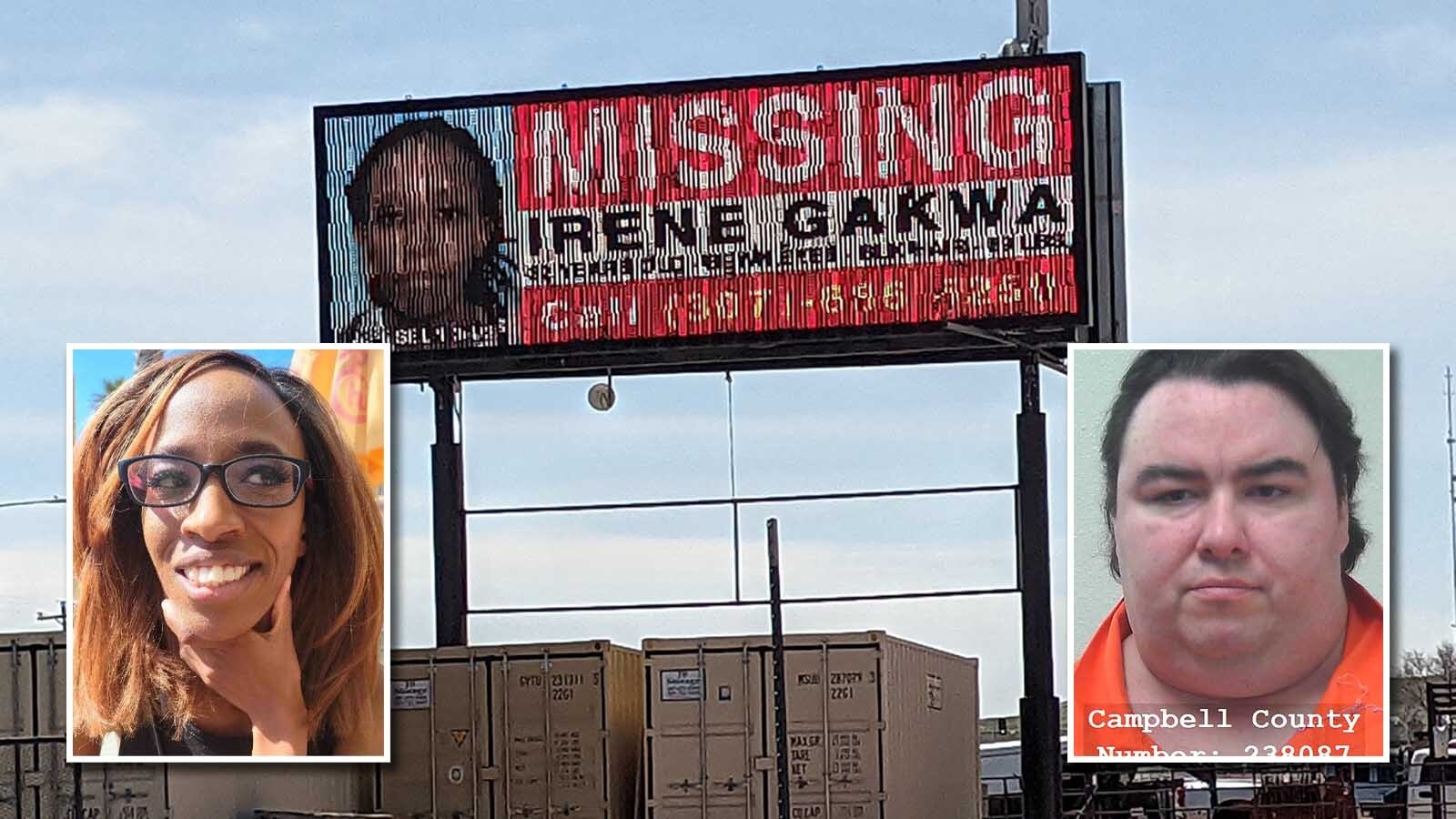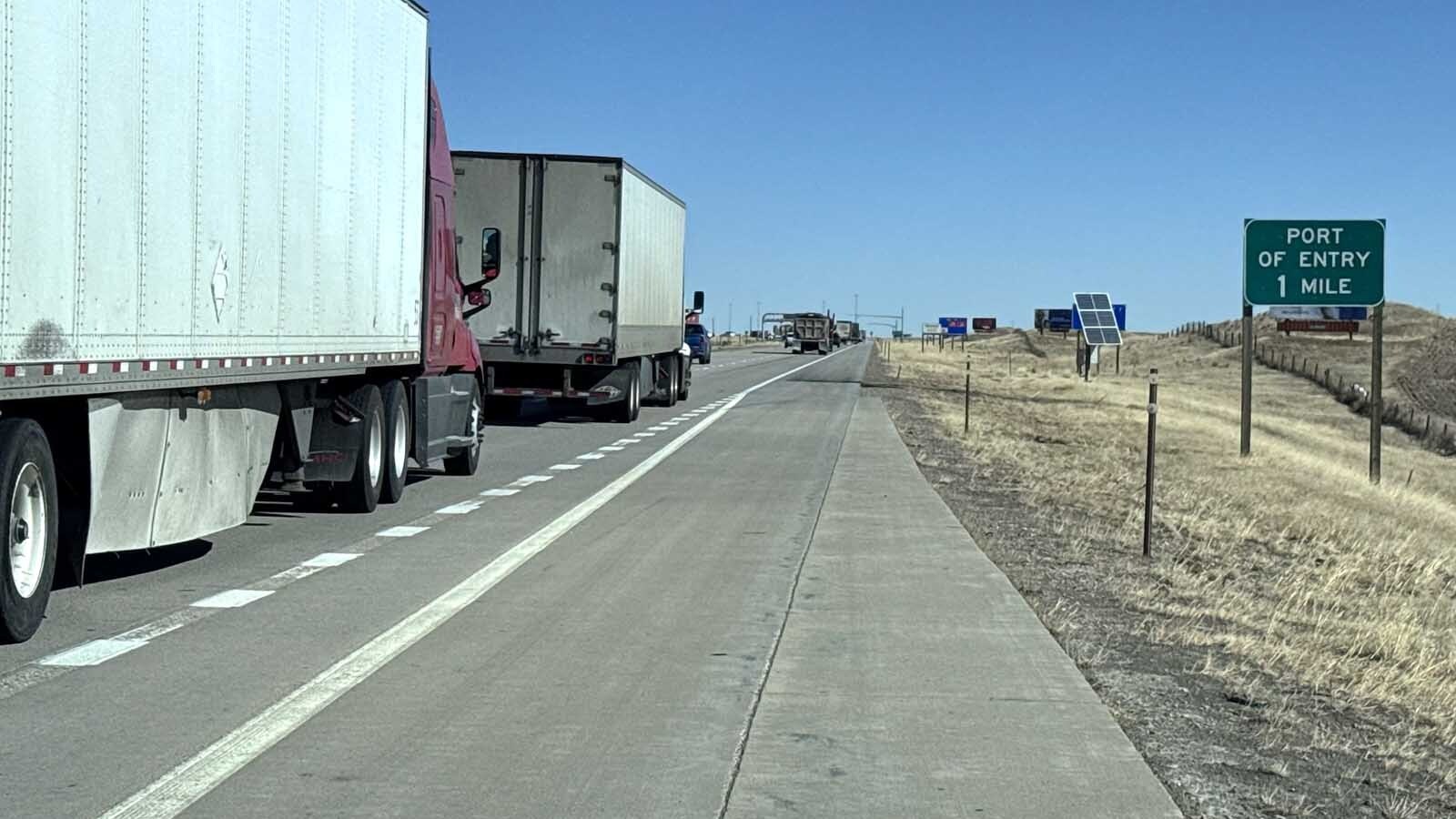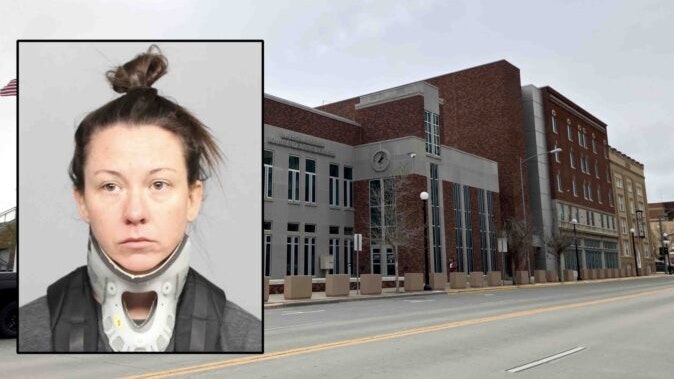After the Wyoming Supreme Court created an avenue for people to sue police officers for investigating negligently, some state lawmakers took a step Friday to undo that decision.
In one of its rare split decisions, the state’s highest court ruled 3-2 in March that suspects of criminal investigations can sue police officers for investigating a crime negligently.
The three-justice majority said the high court has already recognized that officers owe a duty of care to citizens, and noted that “good actors” in law enforcement still can wage a defense of qualified immunity when they are sued for investigating negligently.
The two-justice dissent said the majority jumped to the conclusion that officers owe such a duty of care to their suspects, and theorized that “anyone and everyone” – even a suspect’s employer – now can sue the officer for how he investigated the crime. Civil juries now also can ascribe fault to prosecutors who were simply exercising their local discretion in choosing whether and how to charge cases, the dissent says.
Wyoming is now the only state in the union offering this specific negligence claim for suing police officers.
Let's Not
Most of the lawmakers voting in a Joint Judiciary Committee meeting Friday agreed with the dissent, and voted to draft a law that would undo the high court’s decision.
“There were several things that went wrong in this case, in a couple of different ways, and I think (the majority) wanted to punish what they thought was bad actions. I understand that. But I think what happened here was bad law followed,” Rep. Ember Oakley, R-Riverton, told the committee, referencing the criminal case underpinning the high court’s decision. “(The result is) extremely dangerous territory for law enforcement.”
Oakley pointed to an earlier testimony by Torey Racines, who said he was speaking individually as an attorney familiar with the cases the high court cited.
Racines forecast a more lawsuit-prone Wyoming, saying officers now are liable when they choose not to investigate something, and then a bad consequence later unfolds in that same situation.
Committee Co-Chair Rep. Art Washut, R-Casper, also noted that prosecutors’ decisions now can play into negligence suits, possibly robbing them of their discretion in the districts to which they were elected.
“I can also see prosecutors being hauled into court on these civil cases,” said Washut. “I’ll support the motion.”
What A Mess Though
Not everyone agreed with Oakley’s motion. The committee’s two Democratic delegates both articulated why they were voting against it.
Rep. Karlee Provenza, D-Laramie, countered Oakley’s contention that the majority ruling was largely the fallout of a poorly-handled case. The criminal case was volatile, but that doesn’t negate the high court’s urge to check officers’ potential negligence, she said.
Deborah Palm-Egle, of Albin, Wyoming, sued the Wyoming Division of Criminal Investigation after a DCI investigator seized more than 700 pounds of her hemp plants and saw her charged with three drug felonies in 2019. Nine out of 10 of the seized-plant samples sent for lab testing returned results showing THC content just over the 0.3% legal limit, which would classify them as marijuana, not hemp. The judge dismissed the case in 2020 for lack of probable cause, noting that Palm-Egle had been held out as a hemp expert and that the low THC levels reflected an intent to produce hemp, not marijuana.
The dismissal was wrongly reached, Justice Keith Kautz argued in a footnote of his dissent, because the crime of drug possession doesn’t hinge on a person’s specific intention.
The prosecutor was censured in 2021 for failing to correct the investigator’s flawed testimony in a court hearing.
“(The disasters) potentially had some impact on this decision, not in an erroneous way, but maybe in one way that made sense to the court,” said Provenza. “If the state seems to have failed to present a case that should have been followed based on the facts at hand, and they instead lied under oath, I don’t know why we need to write a law that’s going to have broad impact (protecting) how these people conducted themselves.”
Pendulum
Rep. Ken Chestek, D-Laramie, also voted against Oakley’s motion.
While there may be danger in letting just anyone sue police officers for negligence, there’s also danger in excusing investigatory negligence, said Chestek.
The majority opinion is the finer compromise, he added, because it still invites officers to wage a qualified immunity defense when sued.
Sarah Kellogg, President of the Wyoming Trial Lawyers Association, emphasized the remaining defense of qualified immunity as a “huge protection” enabling officers to get out of a lawsuit early if their conduct satisfies that defense’s standards.
Even in the wake of this ruling, it is still difficult to get a lawsuit against government agents all the way to trial, she said.
Clair McFarland can be reached at clair@cowboystatedaily.com.





